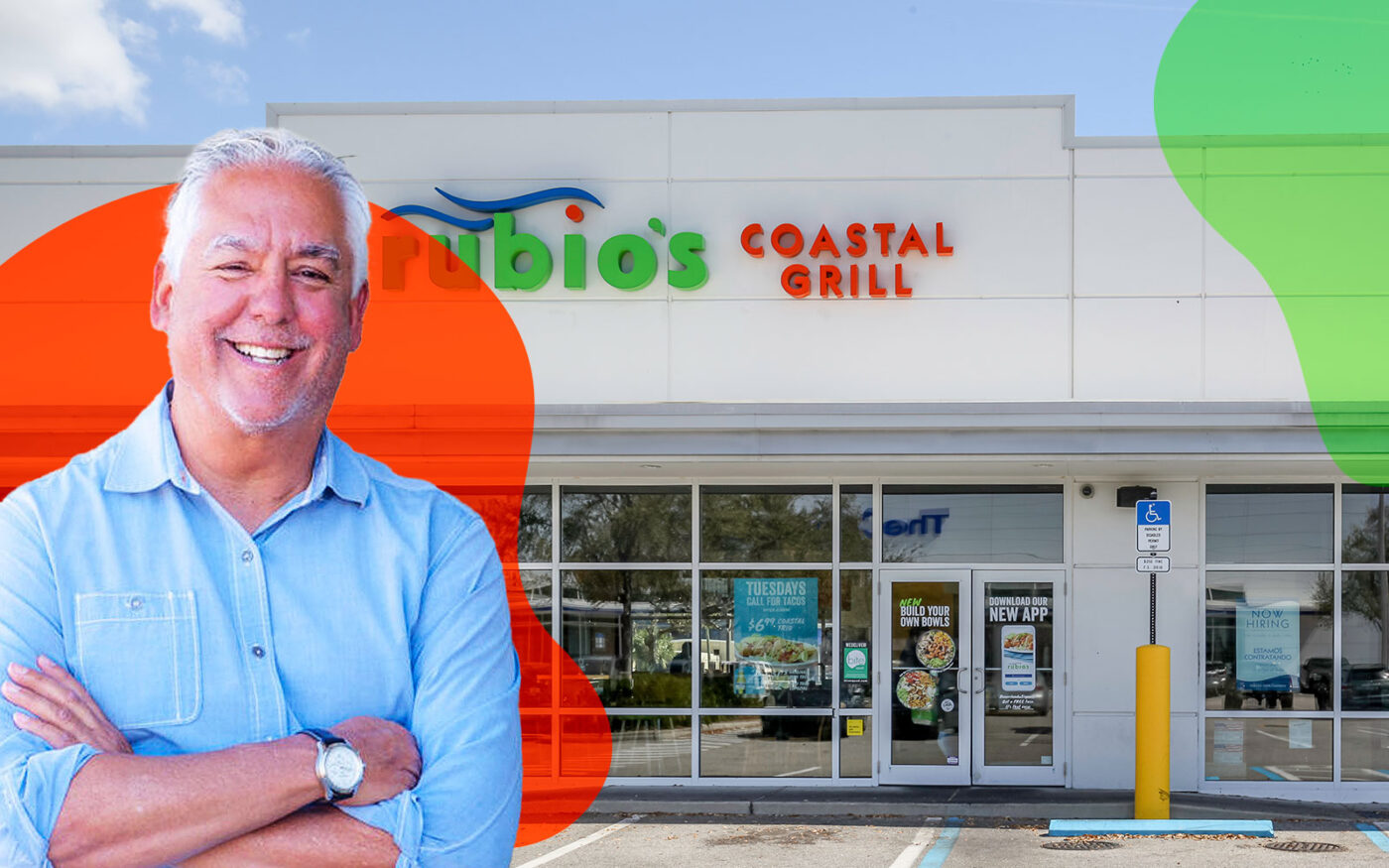The bankrupt Rubio’s Coastal Grill has closed dozens of restaurants across the Golden State, mostly in Southern California.
The Carlsbad-based chain known for its fish tacos said it shuttered 48 grills by the end of last month, blaming the state’s business climate, the Torrance Daily Breeze reported.
Company officials said 37 of the closures were in SoCal, with 11 in Northern California. That leaves 86 Rubio’s restaurants still open in California, Arizona and Nevada
“Rubio’s … after a thorough review of its operations and the current business climate, has decided to close 48 underperforming locations in California as of May 31,” the company said in a statement. “The closings were brought about by the rising cost of doing business in California.”
While Rubio’s declined to disclose the locations of its boarded up grills, a Reddit user pinpointed the closure of 25 restaurants in Los Angeles and Orange Counties.
The shuttered stores include locations in Adelanto, Anaheim Hills, Brea, Cerritos, Eastvale, Fountain Valley, Fullerton, Huntington Beach (Beach Boulevard), La Habra, Lake Forest, Lakewood, Long Beach, Marina Del Rey, Ontario, Orange (North Tustin Street), Oxnard, Pasadena, Placentia, Rancho Santa Margarita, Santa Ana (17th Street), Santa Clarita, Seal Beach, Tustin, Ventura and Whittier.
Another 12 closed in San Diego County. Restaurants in Monrovia and Walnut closed before the June 1 weekend.
Rubio’s was acquired by Connecticut-based Mill Road Capital in 2010 for $91 million, then taken private. In October 2020, the firm filed for bankruptcy protection and has been closing restaurants since.
Four years ago, the firm once known as Rubio’s Baja Grill had 167 restaurants in Arizona, Nevada and California.
In June 2020, Rubio’s defaulted on some of its debt after pandemic-related shutdowns put a dent in sales, according to Bloomberg. The same year, it closed 26 underperforming stores in California, Arizona, Colorado and Florida.
But the chain was already hurt by competition, increased labor costs and an expansion that failed to thrive in new markets, court papers showed.
In April, the state enacted Assembly Bill 1228, mandating fast-food chains with more than 60 units nationwide to pay their workers a minimum hourly wage of $20. The law affects restaurants that are part of a national chain offering limited or no table service.
The new law hasn’t kept the remaining Rubio’s from closing.
In January, Rubio’s hired Hilco Real Estate, an advisory firm that helps companies in bankruptcy shed assets, especially leases.
A year earlier, the chain had celebrated its launch in 1983, when co-founder Ralph Rubio discovered a love for fish tacos during a trip to San Felipe on the Sea of Cortez in Baja California, Mexico.
“We would camp on the beach, eat fish tacos in town and drink Coronas. And that was my first exposure. It was very much a Baja thing,” Rubio told the Breeze last year.
— Dana Bartholomew
Read more


